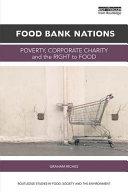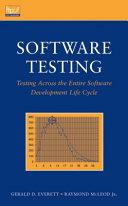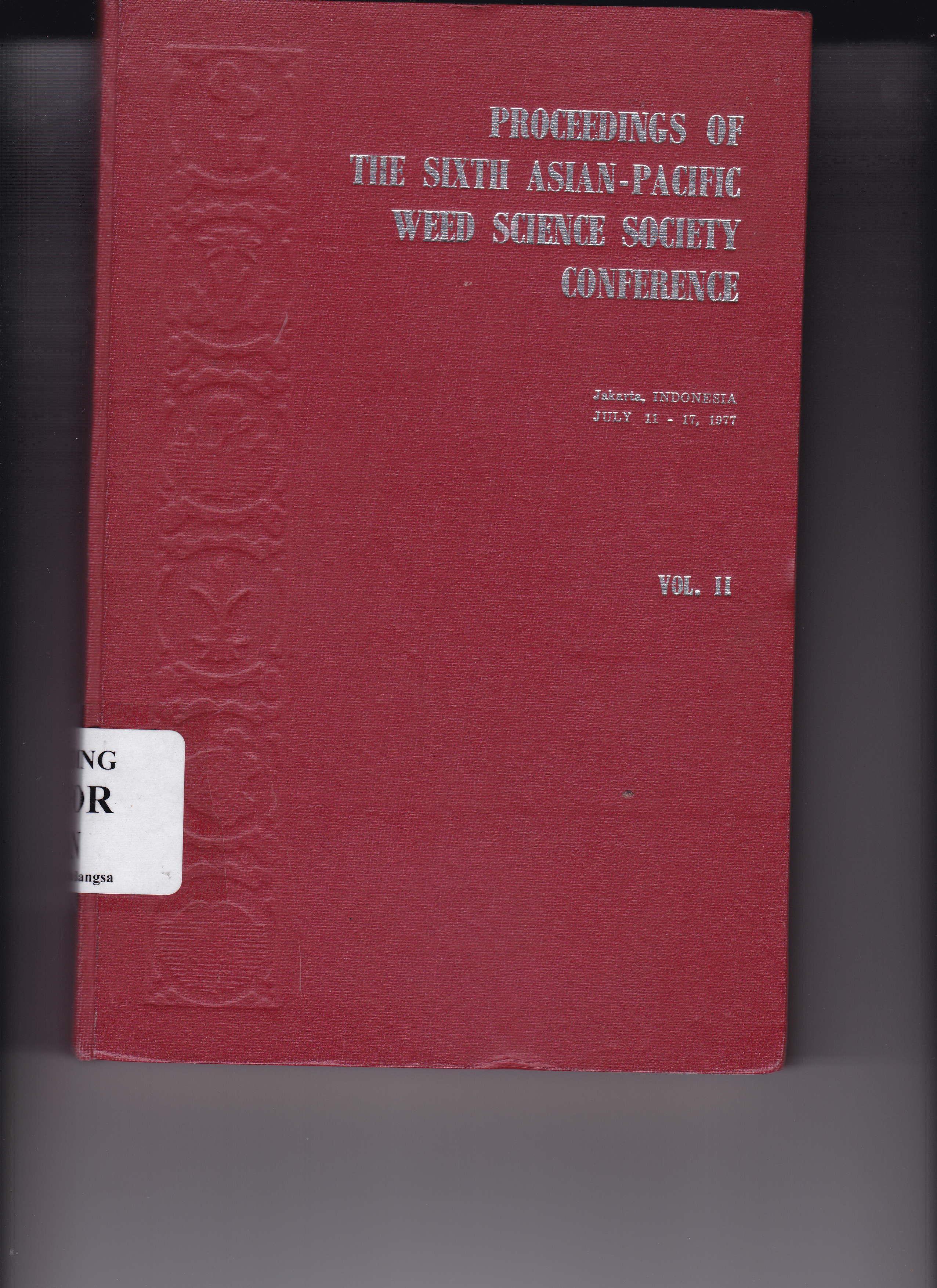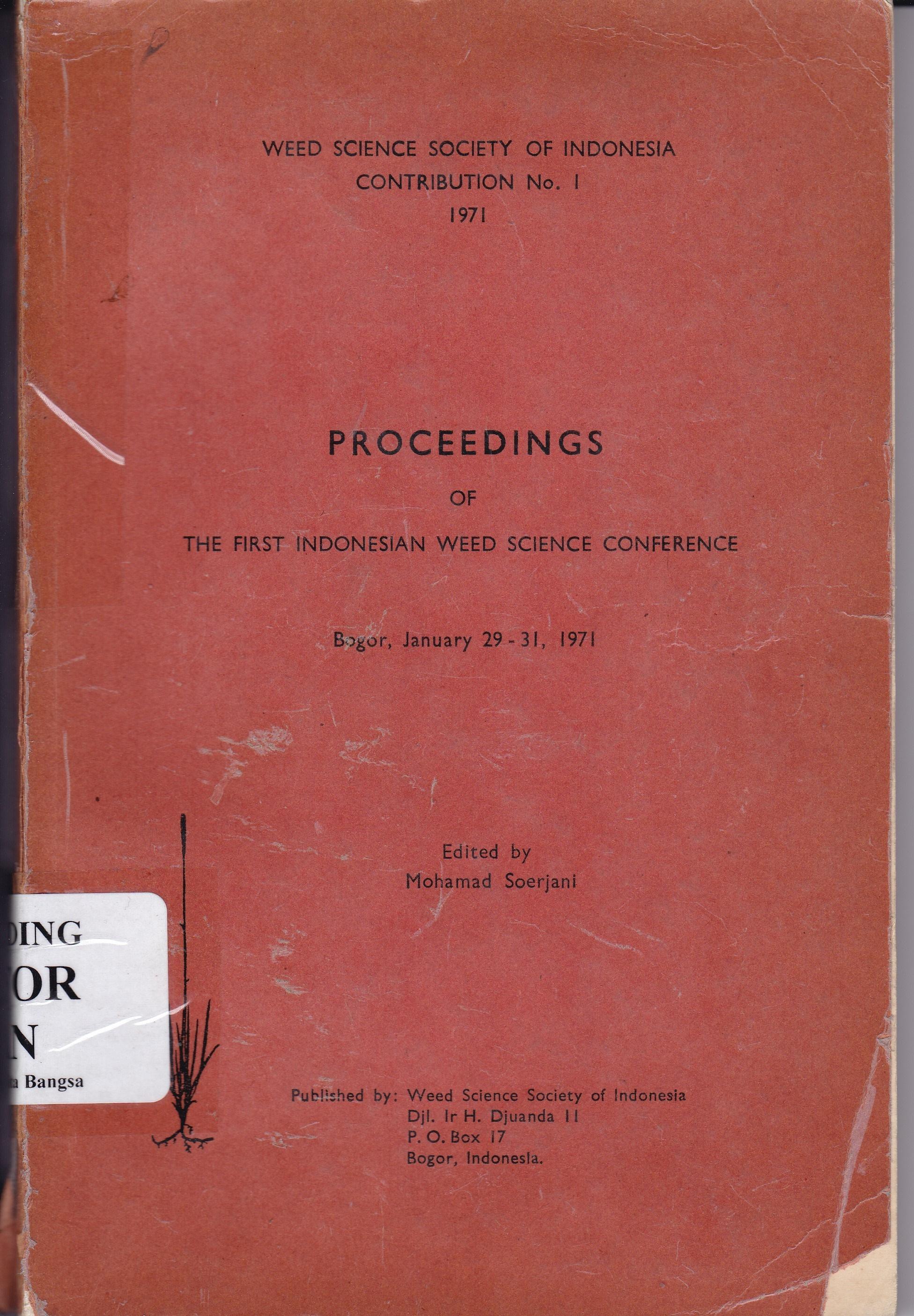
Food Bank Nations
Poverty, Corporate Charity and the Right to Food
In the world's most affluent and food secure societies, why is it now publicly acceptable to feed donated surplus food, dependent on corporate food waste, to millions of hungry people? While recognizing the moral imperative to feed hungry people, this book challenges the effectiveness, sustainability and moral legitimacy of globally entrenched corporate food banking as the primary response to rich world food poverty. It investigates the prevalence and causes of domestic hunger and food waste in OECD member states, the origins and thirty-year rise of US style charitable food banking, and its institutionalization and corporatization. It unmasks the hidden functions of transnational corporate food banking which construct domestic hunger as a matter for charity thereby allowing indifferent and austerity-minded governments to ignore increasing poverty and food insecurity and their moral, legal and political obligations, under international law, to realize the right to food. The book's unifying theme is understanding the food bank nation as a powerful metaphor for the deep hole at the centre of neoliberalism, illustrating: the de-politicization of hunger; the abandonment of social rights; the stigma of begging and loss of human dignity; broken social safety nets; the dysfunctional food system; the shift from income security to charitable food relief; and public policy neglect. It exposes the hazards of corporate food philanthropy and the moral vacuum within negligent governments and their lack of public accountability. The advocacy of civil society with a right to food bite is urgently needed to gather political will and advance 'joined-up' policies and courses of action to ensure food security for all.
- ISBN 13 : 9781138739758
- ISBN 10 : 1138739758
- Judul : Food Bank Nations
- Sub Judul : Poverty, Corporate Charity and the Right to Food
- Pengarang : Graham Riches,
- Kategori : Corporate social responsibility
- Penerbit : Routledge Studies in Food, Society and the Environment
- Bahasa : en
- Tahun : 2018
- Halaman : 204
- Google Book : http://books.google.co.id/books?id=ab3ktAEACAAJ&dq=intitle:bank&hl=&source=gbs_api
-
Ketersediaan :
While recognizing the moral imperative to feed hungry people, this book challenges the effectiveness, sustainability and moral legitimacy of globally entrenched corporate food banking as the primary response to rich world food poverty.









